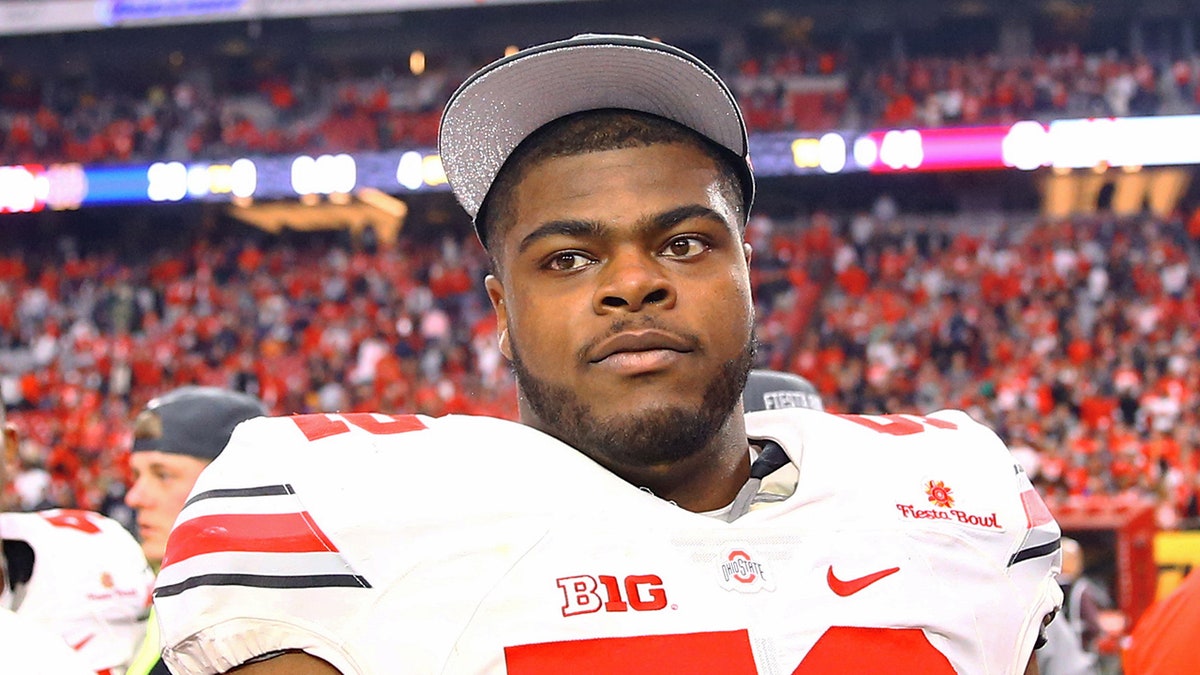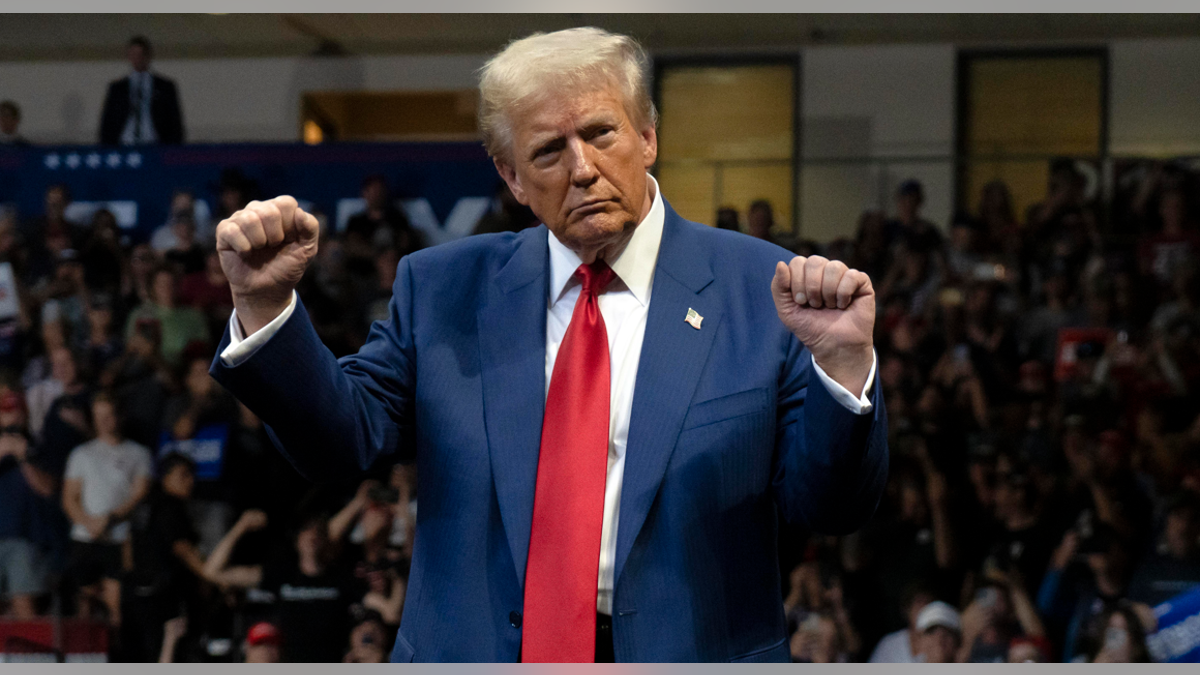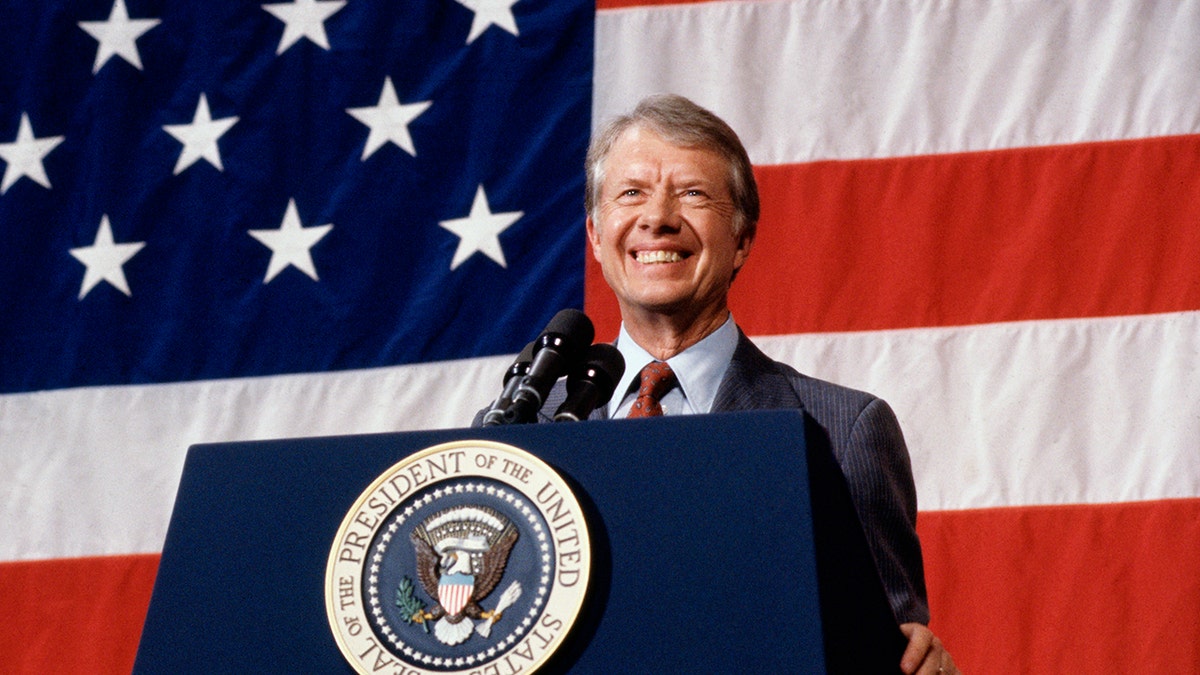The upcoming House speakership election is creating tension within the Republican party as representatives prepare to vote on Friday. While some, like Rep. Marjorie Taylor Greene (R-Ga.), have reversed their previous opposition to Speaker Mike Johnson and now support his bid for reelection, others, including Rep. Thomas Massie (R-Ky.), remain firmly against him.
Greene, who previously criticized Johnson as a "Uniparty Speaker" and accused him of siding with Democrats, now urges her colleagues to unite and fulfill their mandate from the American people. This shift in stance highlights the internal struggle within the GOP as they attempt to consolidate support for their chosen leader.
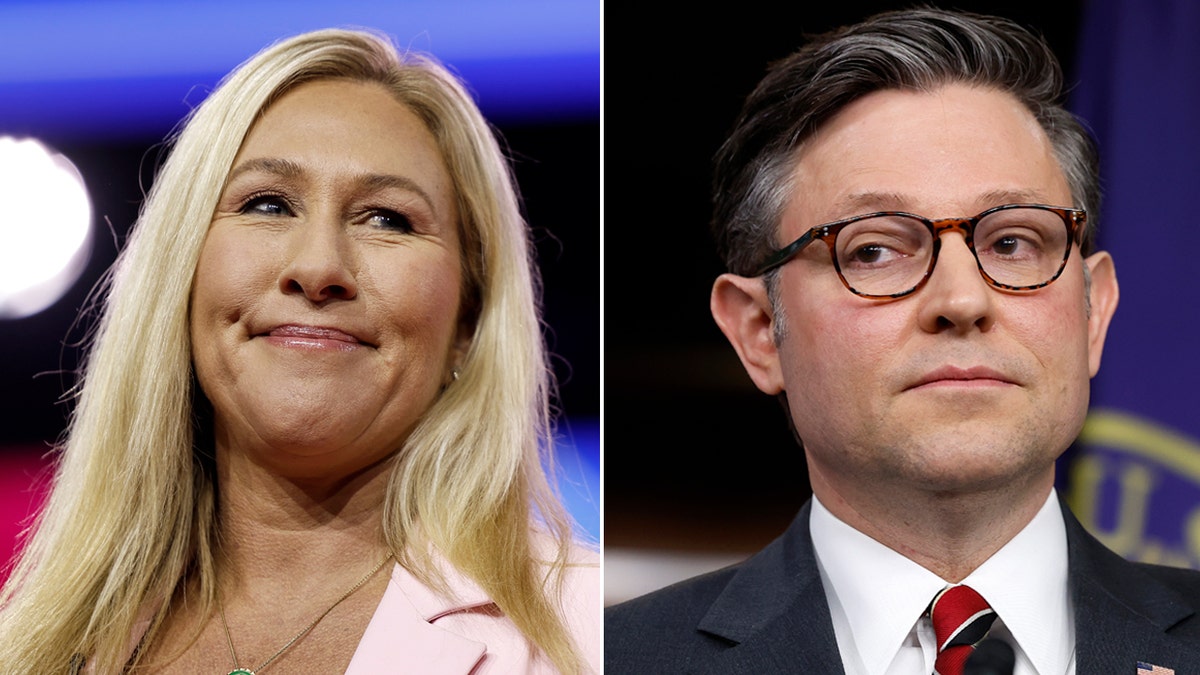
Massie, however, remains unwavering in his opposition to Johnson, vowing not to support him under any circumstances. This stark contrast in opinions underscores the division within the Republican ranks and the challenges Johnson faces in securing the speakership.
While former President Donald Trump has endorsed Johnson, calling him a "good, hard working, religious man," the speaker's path to victory is far from guaranteed. Johnson's success hinges on securing a majority of votes from House members voting for a specific candidate. With Massie's open defiance and the potential for other Republicans to follow suit, Johnson could fall short of the required threshold, even if he receives support from the majority of his party.

Fox News' Chad Pergram explains that if all 434 members vote, Johnson needs 218 votes to win. Even if all 219 Republicans vote, just two dissenting votes could prevent Johnson from reaching the necessary majority. This precarious situation highlights the importance of every vote and the potential for a contested speakership election.
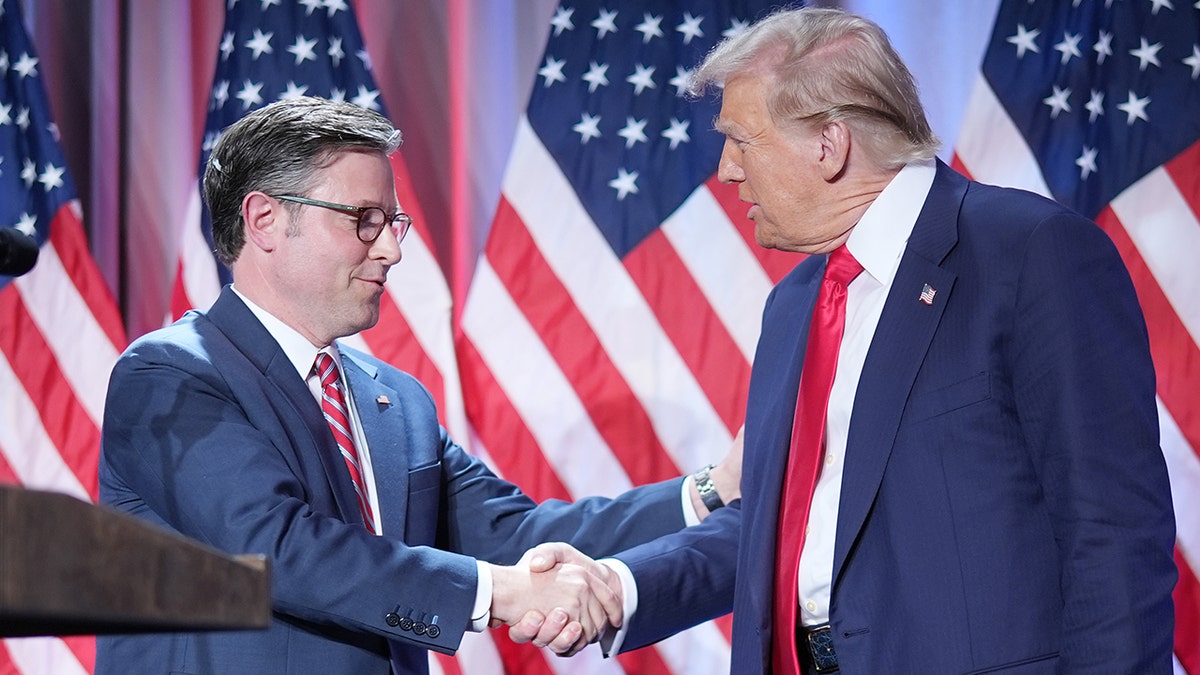
Despite the uncertainty, Johnson expressed confidence during an interview on Fox Business' "Kudlow," stating that he is "hopeful" for a first-round victory. The coming days will reveal whether he can overcome the internal divisions and secure the speakership.



